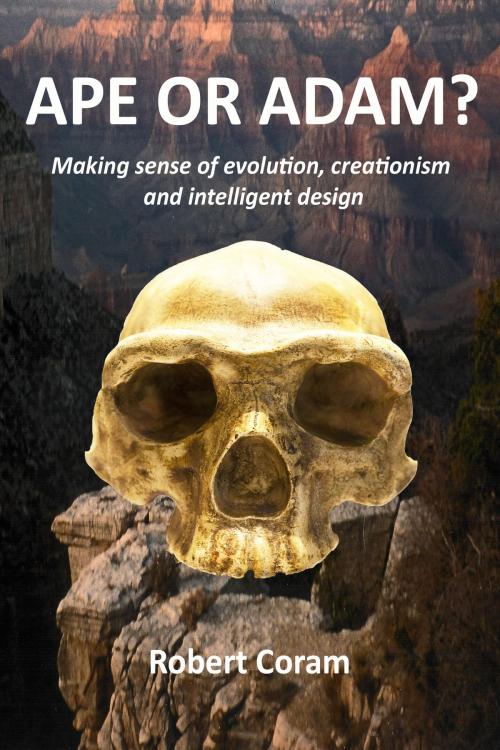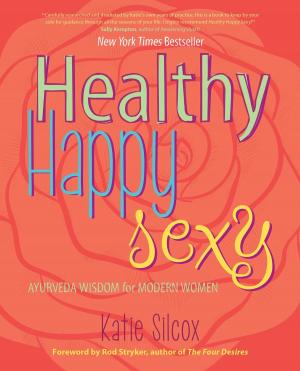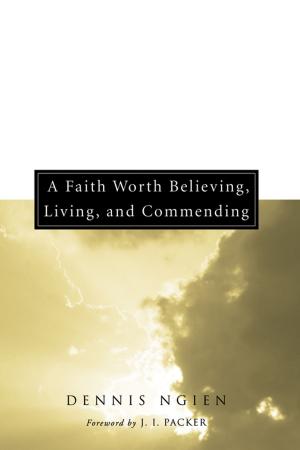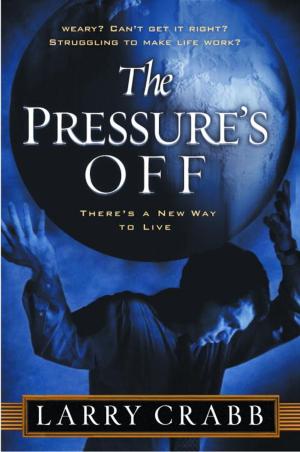Ape or Adam?: Making sense of evolution, creationism and intelligent design
Nonfiction, Science & Nature, Science, Biological Sciences, Evolution, Religion & Spirituality| Author: | Robert Coram | ISBN: | 9781311410214 |
| Publisher: | Robert Coram | Publication: | February 6, 2015 |
| Imprint: | Smashwords Edition | Language: | English |
| Author: | Robert Coram |
| ISBN: | 9781311410214 |
| Publisher: | Robert Coram |
| Publication: | February 6, 2015 |
| Imprint: | Smashwords Edition |
| Language: | English |
One might think that after thousands of years of wondering and several hundred years of scientific investigation, human beings would have reached broad agreement about how they, and other living organisms, arrived on planet Earth, and roughly when. But this is not the case. Many millions of people in the western world (including almost half the American public) believe that we were divinely created more or less in our present form just a few thousand years ago. Many millions of others are convinced, instead, that we are the product of billions of years of gradual evolution, or simply cannot decide which of these two radically different explanations is correct. Which should our children be taught at school? Should it be neither until a consensus is reached, or both so they can make up their own minds?
Clues to our ultimate origins have been sought in holy texts, such as the Bible, and through scientific examination of the world around us. These clues form the subject of Ape or Adam?, written by palaeontologist Robert Coram. The book takes the reader on a gentle journey that begins with the formation of our planet and culminates with the arrival of human beings. On the way it stops off to consider the origin of life, contemplates the sudden arrival of complex animals in the fossil record, discusses the appearance of birds and the demise of the dinosaurs, and explores ways of estimating how old the Earth actually is. The creationist and evolutionist interpretations of these unfolding stories are presented side by side and the scientific evidence for each is examined to assess which is most likely to be the truth.
Ape or Adam? is easy-to-read, requires no prior scientific knowledge, and contains much that is new and interesting even for those who are familiar with the subject. It will also appeal to anybody who is not sure what to believe, or who would like straightforward information they can pass on to inquisitive children, or is simply interested in the fascinating history of our planet and its life-forms.
One might think that after thousands of years of wondering and several hundred years of scientific investigation, human beings would have reached broad agreement about how they, and other living organisms, arrived on planet Earth, and roughly when. But this is not the case. Many millions of people in the western world (including almost half the American public) believe that we were divinely created more or less in our present form just a few thousand years ago. Many millions of others are convinced, instead, that we are the product of billions of years of gradual evolution, or simply cannot decide which of these two radically different explanations is correct. Which should our children be taught at school? Should it be neither until a consensus is reached, or both so they can make up their own minds?
Clues to our ultimate origins have been sought in holy texts, such as the Bible, and through scientific examination of the world around us. These clues form the subject of Ape or Adam?, written by palaeontologist Robert Coram. The book takes the reader on a gentle journey that begins with the formation of our planet and culminates with the arrival of human beings. On the way it stops off to consider the origin of life, contemplates the sudden arrival of complex animals in the fossil record, discusses the appearance of birds and the demise of the dinosaurs, and explores ways of estimating how old the Earth actually is. The creationist and evolutionist interpretations of these unfolding stories are presented side by side and the scientific evidence for each is examined to assess which is most likely to be the truth.
Ape or Adam? is easy-to-read, requires no prior scientific knowledge, and contains much that is new and interesting even for those who are familiar with the subject. It will also appeal to anybody who is not sure what to believe, or who would like straightforward information they can pass on to inquisitive children, or is simply interested in the fascinating history of our planet and its life-forms.















